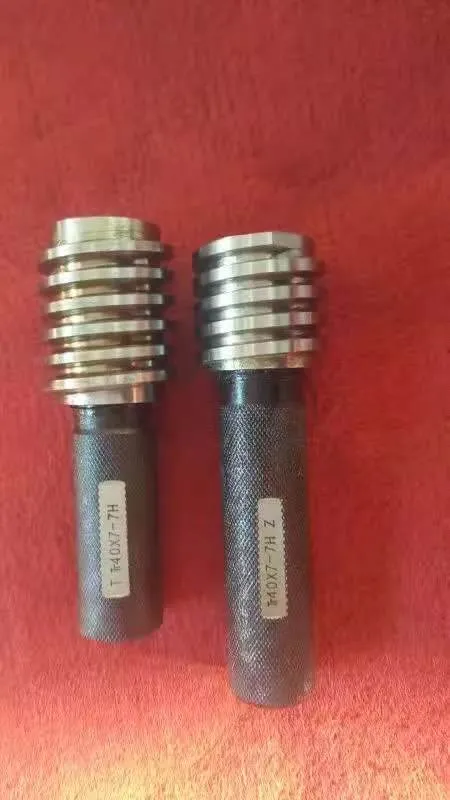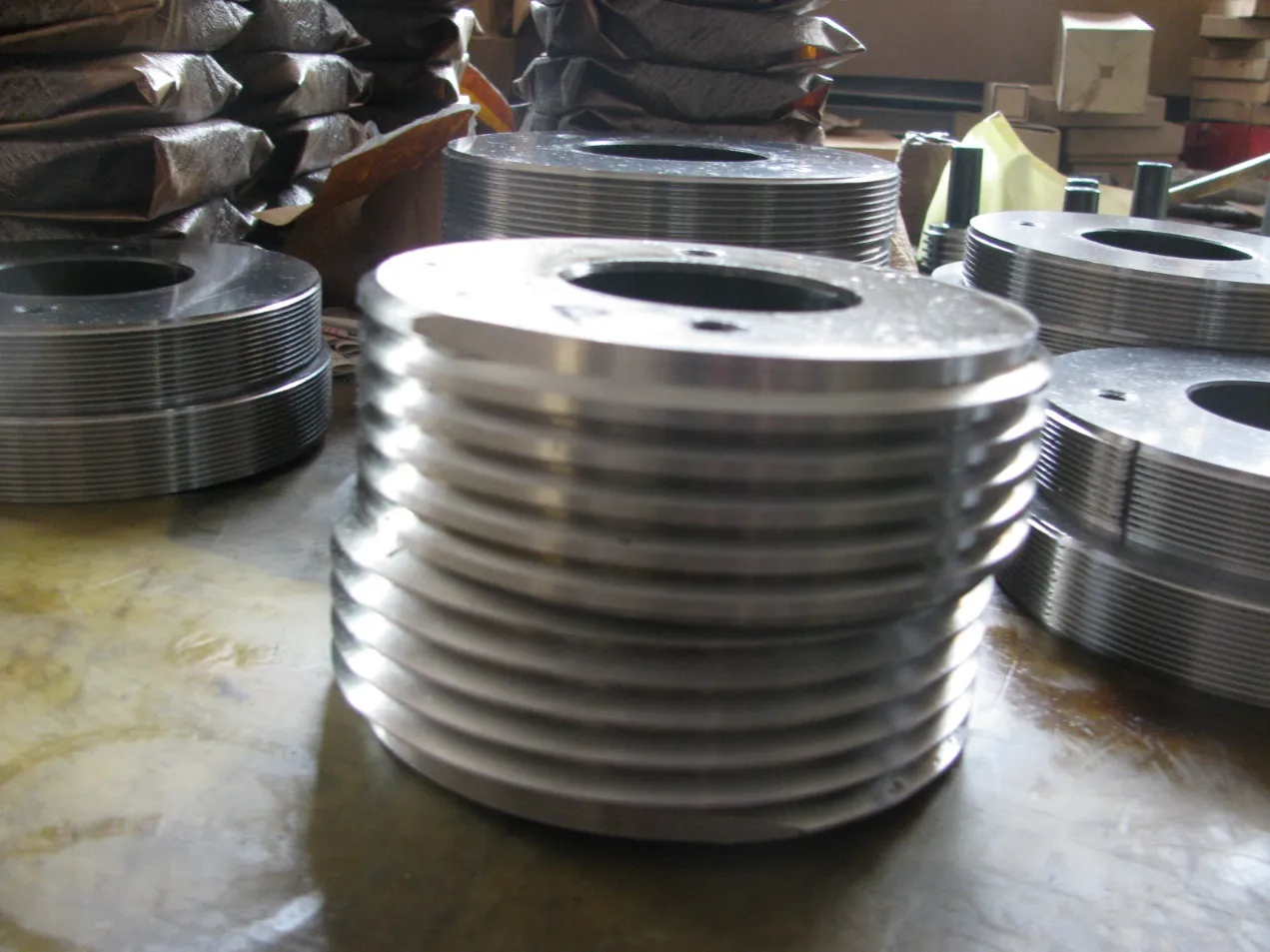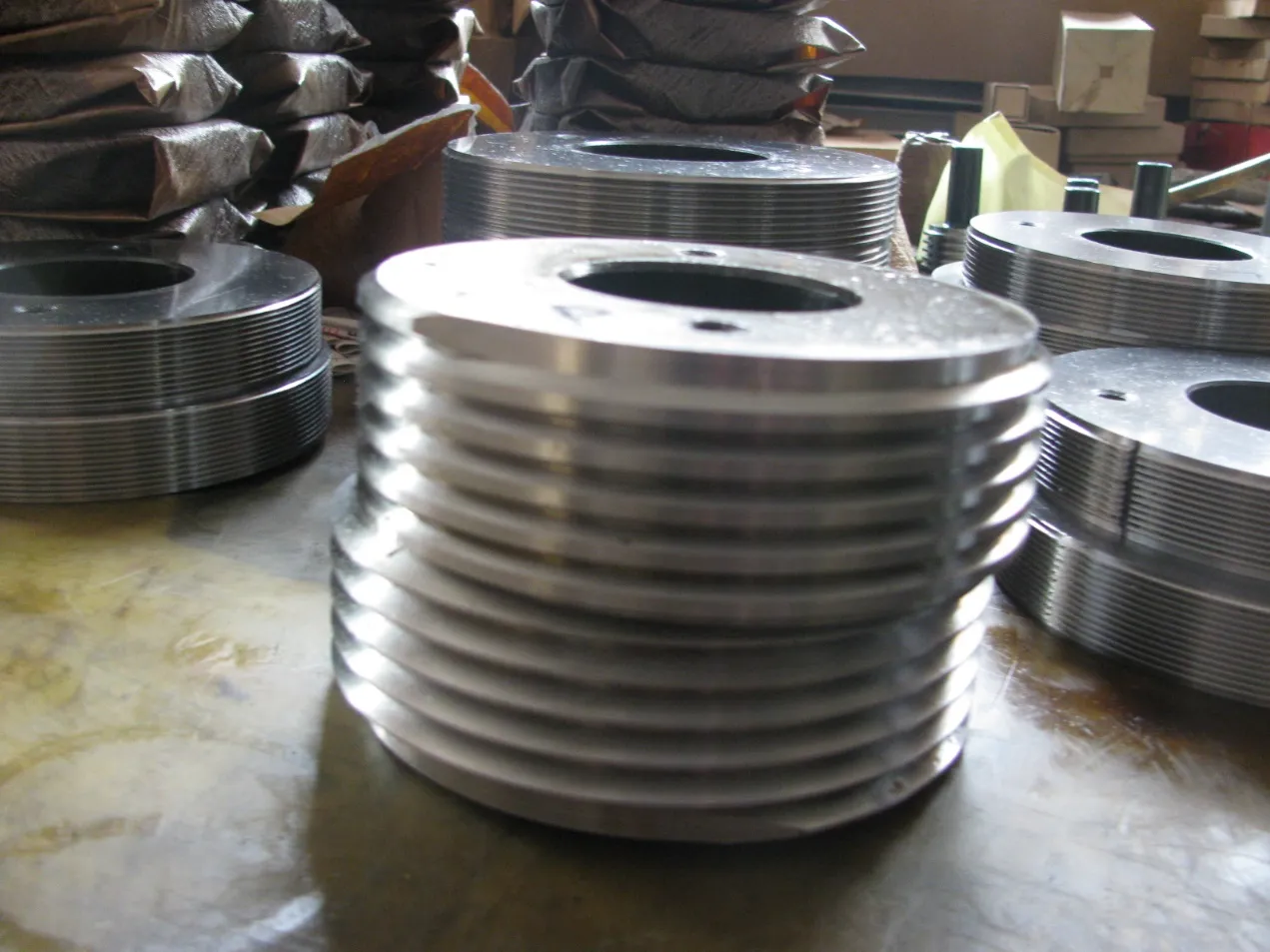Тра . 08, 2025 15:24 Повернутися до списку
Precision with Gauge Tools
When it comes to achieving the highest level of accuracy and precision in any field, the gauge tool is indispensable. Whether you are in manufacturing, construction, or DIY projects, using the right tools to measure, mark, or inspect is crucial for success. This article will guide you through the different types of gauge tools that can help you achieve flawless results every time. We’ll dive into the importance of thread measuring gauges, differential gauges, and metal marking gauges, and how they can streamline your work process.

Gauge Tool: The Essential Measurement Device
A gauge tool is a versatile instrument used across many industries to measure or verify the dimensions and conditions of materials. These tools come in many shapes and sizes, depending on the task at hand. Whether you're measuring the thickness of a material, verifying the fit of a part, or checking the quality of a surface, gauge tools ensure your work meets the necessary standards.
The gauge tool is especially useful in industrial settings, where precision is vital for producing high-quality products. Common examples include micrometers, calipers, and depth gauges, all of which help professionals make quick and accurate measurements. The reliability and ease of use of these tools help to reduce errors in production, which is why they are an essential part of any toolkit. Whether you're in a factory or a workshop, having the right gauge tool can significantly improve your efficiency and the quality of your work.
Thread Measuring Gauge: Ensuring Accurate Thread Measurements
For any project involving threaded materials, using a thread measuring gauge is essential. This specialized tool is designed to measure the pitch, form, and depth of threads on bolts, screws, and other threaded fasteners. Thread measuring gauges are indispensable for ensuring that the threads conform to required specifications and standards, preventing issues such as mismatched threads or weakened joints that could lead to equipment failure or safety risks.
The primary function of a thread measuring gauge is to check the pitch and diameter of the threads, which is crucial when working with high-precision machinery or performing repairs on critical systems. These tools can be used to identify defective threads, ensuring that only parts with the proper threading are used in the final product. Whether you're in aerospace, automotive, or manufacturing, a thread measuring gauge helps maintain the quality and safety of threaded components.
There are different types of thread measuring gauges available, including pitch gauges, thread rings, and thread plugs, each serving a unique purpose in ensuring thread quality. Selecting the correct thread measuring gauge for your specific needs will help you maintain the highest standards of precision and efficiency.

Differential Gauge: Monitoring Pressure Differences
A differential gauge is a crucial tool in environments where the pressure difference between two points needs to be measured. These gauges are typically used in industries such as HVAC, automotive, and chemical processing, where knowing the pressure differential between two locations can indicate important conditions like filter clogging, pump performance, or fluid flow.
The differential gauge operates by measuring the difference between two pressures and providing a reading that can help operators make adjustments to the system. These gauges are incredibly useful in ensuring the safe and efficient operation of equipment, preventing potential damage or failures. For example, in HVAC systems, a differential gauge can be used to measure the pressure difference across a filter, helping technicians identify when it’s time to replace or clean the filter.
In addition to their practical applications, differential gauges come in a variety of styles, including mechanical, digital, and differential pressure switches. Choosing the right differential gauge for your needs will ensure that you have the most accurate readings, allowing for optimal system performance.
Metal Marking Gauge: Accuracy in Marking for Metalworking
When it comes to metalworking, accuracy is critical. Whether you're cutting, drilling, or shaping metal parts, the ability to make precise marks is essential for ensuring the finished product meets exact specifications. A metal marking gauge is an invaluable tool that allows workers to measure and mark materials with a high degree of accuracy.
A metal marking gauge is typically used to create reference lines or marks on metal surfaces, such as when measuring the thickness of a piece or aligning holes for drilling. The sharp, durable point of the metal marking gauge ensures that the marks are clear and precise, which can greatly improve the quality of the finished product. Whether you’re working with steel, aluminum, or any other metal, a metal marking gauge helps ensure that every cut, bend, or hole is in the correct location.
These gauges come in different designs, from simple scribing tools to more sophisticated marking tools that include adjustable settings for different measurements. The versatility of the metal marking gauge makes it an essential tool in metalworking workshops, ensuring that every project meets the required standards for both form and function.

FAQs about Gauge Tools
What is a gauge tool used for?
A gauge tool is used to measure or verify dimensions, shapes, or conditions in various materials. These tools are commonly used in industrial, mechanical, and construction applications to ensure that materials and components meet required specifications.
Why should I use a thread measuring gauge?
A thread measuring gauge ensures the accuracy and quality of threaded fasteners, such as bolts and screws. It helps you verify the pitch, form, and depth of the threads to ensure proper fit and functionality, preventing issues like thread mismatches or weak connections.
What is a differential gauge and when should I use it?
A differential gauge measures the pressure difference between two points in a system. It is used in various industries, including HVAC and chemical processing, to monitor pressure differences and detect system inefficiencies or issues like clogged filters or faulty pumps.
How does a metal marking gauge improve metalworking?
A metal marking gauge is used to create precise marks on metal surfaces, improving accuracy in measurements and cuts. By marking materials accurately, it ensures that every component is manufactured to specification, reducing the chances of errors in metalworking projects.

Where can I buy high-quality gauge tools?
You can find high-quality gauge tools at specialized tool suppliers or online marketplaces. Whether you need a thread measuring gauge, differential gauge, or metal marking gauge, there are a wide range of options available to suit different needs and applications. Ensure that you choose a reliable supplier that offers durable, accurate tools to enhance your work.
If you’re looking to take your precision work to the next level, our range of gauge tools is perfect for professionals and hobbyists alike. Explore our thread measuring gauges, differential gauges, and metal marking gauges, designed to improve accuracy and efficiency in every project. Visit our website today to browse our selection and find the perfect tool to meet your needs. Whether you're in manufacturing, construction, or metalworking, our high-quality tools will help you achieve superior results every time. Don’t miss out – shop now!
-
Thread Plug Gauge Our Promise of Measurement ExcellenceНовиниAug.22,2025
-
Gauge Pin Class Reflecting Quality LegacyНовиниAug.22,2025
-
Check Valve Types for High Rise BuildingsНовиниAug.22,2025
-
Water Control Valve for Irrigation SystemsНовиниAug.22,2025
-
Gate Valve with Soft Seal TechnologyНовиниAug.22,2025
-
Y Type Strainer for Oil and Gas ApplicationsНовиниAug.22,2025
Супутні товари









